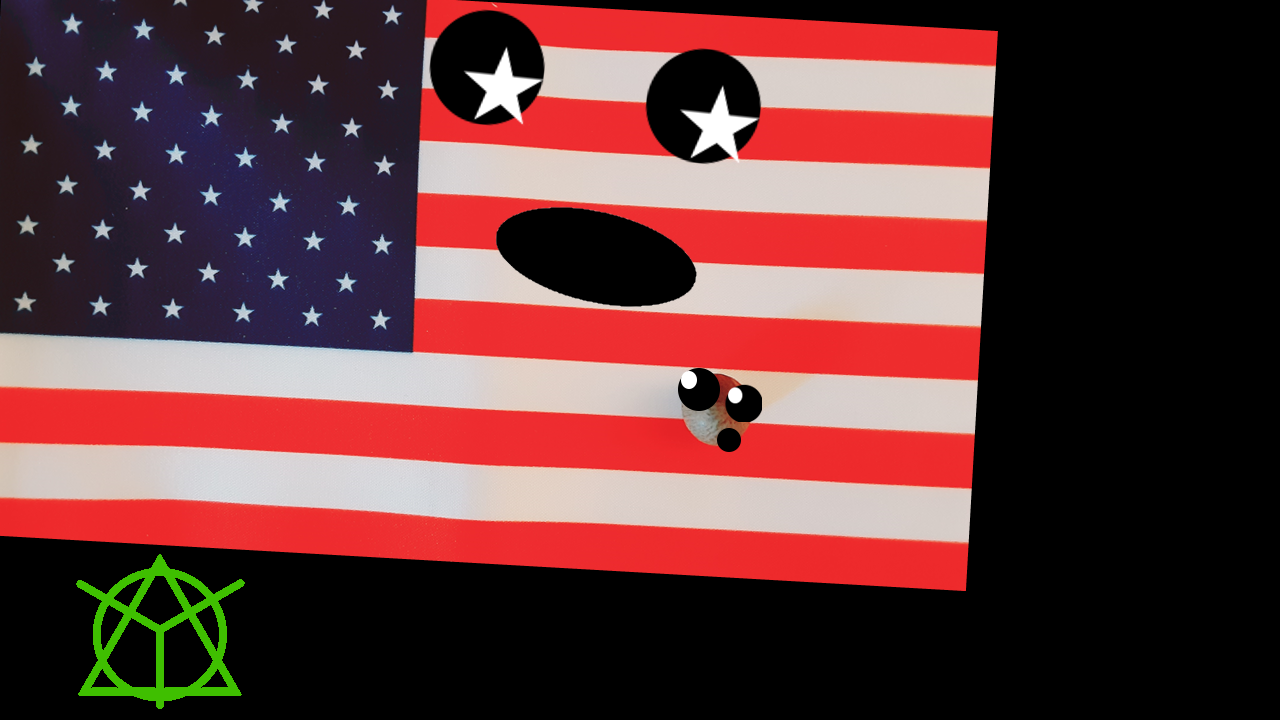[ Planting Tea While Growing Freedom ]
Now those outside the land of red, white, and blue might wonder why tea for the Fourth? Join me for planting as we get into history. Sources below.
Intro
Hello everyone. I am J. J. Bartel, Author, botanist, historian, and gamer, trying to release content every Friday. Try. Merica, hell ya! We are going to save the ever-loving day-hey, ‘Merica! On the one hand, I should not sing it because I risk copyright strikes, but we all know that is only a problem for good singers.
July 4th is the American holiday of freedom, independence, and beating back against the British. It would be nice to get some tea seeds and plant them to celebrate. I would have had 12 seeds like the colonies, but I lost one. We soak the seeds for 24hrs, expose them to light for 24hrs, then plant them at least a freedom unit deep and water frequently for germination. Traditionally one is to plant the seeds in late fall, before the cold, and hope for germination the following spring, tending the shoots for at least two years before drinking tea. These seeds are planted in the early summer, so results may vary.
Now those outside the land of red, white, and blue might wonder why tea for the Fourth? Join me for planting as we get into history. Sources below.
The Luxury of purchasing many books over the years is to pull them out in these times. I pulled my copy of Thomas Pain’s common sense and read some of the introduction. To quote, “The writing and publication of common sense followed and with it fame. Paine was soon known throughout the American colonies and across Europe. The political tract immediately became the moral and intellectual touchstone for American colonists struggling to articulate their case for independence from England. ”
I then read on further. The book describes how some colonists fought and others remained neutral. The people of the 13 colonies did not think they were Americans but Georgians, Bostonians, and British. Few wanted absolute separation from England. After all, they were arguing for what they thought were British rights. Yet, the collection of essays called common sense would enter the picture. It helped many colonists understand that what the British were doing during America’s revolution was not just denying British rights to British colonists. The crown was denying human rights given by God to all humans, and rulers, be they parliaments or monarchies, could not deny any of their subjects these rights. The man ends the writings by saying that America would win its revolution, and its freedom would mean greatness for the new country and the world.
I also pulled out my pocket pamphlet of the Constitution of the United state and the Declaration of Independence. Reading through the first two chapters, it’s filled with lines that stir any American with emotions. As I read, three parts stand out in this moment, one right after another. “FOR protecting them by a mock trial, from punishment for any Murders which they should commit on the Inhabitants of these states: FOR cutting off our trade with all parts of the world, FOR imposing Taxes on us without our Consent:” I can imagine that some prior events helped to inspire such addressing of grievances.
It was time to hit the internet, starting with a simple Google search. One of the first results was Encyclopedia Britannica, and that felt wrong. The history channel had a page all about the Boston tea party. In the 1760s, Great Brittian was poor from wars, so they imposed The Stamp Act of 1765 and The Townshend Acts of 1767 without asking the colonist’s opinion. A violent riot on March 5th, 1770, killed five colonists and wounded six. The newspapers called it The Boston Massacre stirring emotions for war. Thankfully that does not happen anymore. Cough, “W.M.D.s” Cough.
May 1773 Another act, the Tea Act, was, for many colonists, the last straw. Do you remember when your favorite drink got more expensive? When your order at Starbucks got more expensive one day, Several people, including American forefathers John Hancock and Samuel Adams, resulted in smuggling tea, which they used to ship and sell legally. The Sons of Liberty, a group wanting liberty, including people such as Benedict Arnold, Patrick Henry and Paul Revere, Samuel Adams, and John Hancock, wanted to protest forceful British rules that had no colonial representation. When three ships, Dartmouth, Beaver, and Elanor, entered Boston Harbor on December 16th, 1773, they wanted to unload their cargo and tax the people. The locals refused. That night, a large group of people, with many being a member of the Suns of Liberty disguised as Native Americans, broke up 372 chests with tomahawks and dumped the cargo into the harbor. Some accounts of the invaders sweeping up the ship’s deck, leaving it clean. Not everyone thought the Boston tea party was a good idea, as many colonists considered private property a chad value.
The British, in response, passed the Coercive Acts, which the colonists would later call the Intolerable Acts, pushing matters over the edge. For many, this was legal proof that Brittian was deliberately hurting them, and it was time for things to change. The revolutionary war of 1776 and the following British beatdown were inevitable.
Tea for colonists was a sign of their British heritage, values, and loyalty to the crown. The betrayal of taxes made many reject the drink. Why would an American today want to grow tea or drink tea? If you go to the 9 Dragons tea website, they talk about some lesser-known aspects of tea in America. For example, to prevent further British incursion in American affairs, some Americans 1799 hired a French botanist, Francois Andre Michaux, to plant some tea plants near Charleston, South Carolina. The many ups and downs of these first tea plants would eventually become the foundation for the Lipton tea company.
Much later in our history, many other drinks, like tea, rose in popularity during prohibition. Throughout American history, a strong Christian heritage meant that even when alcohol was the drink of choice, drunkenness was disgraceful. This leads to many current drinking traditions today, where in the deep South, sweet iced tea is one of the great drinks of America. If you want more, check out The Revolution of American Drinking by Christina Regelski. Links below.
With all this, the tea is planted, and life is good. Happy 4th of July, everyone. Until next time, let’s cultivate some greatness.
Book Sources
Online Sources:
https://www.history.com/topics/american-revolution/boston-tea-party
https://9dragonstea.com/history-of-tea/history-of-tea-in-america/#:~:text=The%20history%20of%20tea%20in%20America%20is%20rooted%20deeply%20in,it%20near%20Charleston%2C%20South%20Carolina.
https://ushistoryscene.com/article/american-drinking/



What a delightful read! I thoroughly enjoyed it. You present an interesting and informative discussion of a topic following a line of thought that I don’t think is pursued often enough. Well done 🙂 I also really like your graphics!